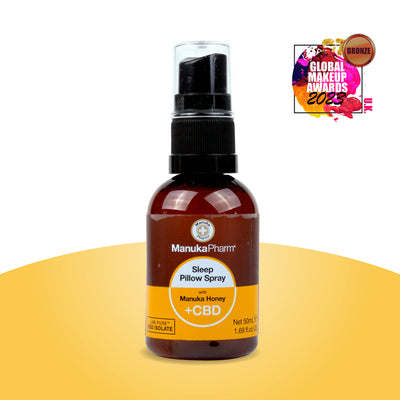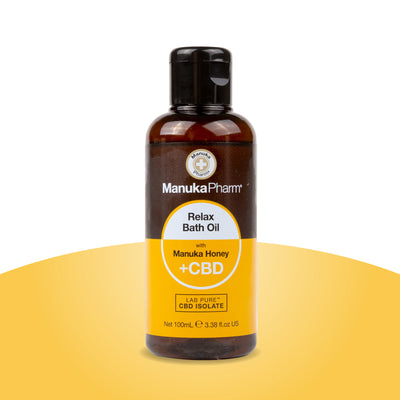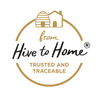Many years ago, when I started working with people and their sleep problems, I discovered that I had a created a methodology that is unique to my sleep protocol that was really producing great results. People who were coming to me with exhaustion and/or difficulties falling asleep and staying asleep – the two most common sleep problems – were noticing dramatic improvements by following my methodology.
So what was I advising them to do?
I advise my patients to follow 5 steps which I call my 5 non-negotiables. The term ‘non-negotiable’ might sound rather severe but have noticed with thousands of people that following them for at least 7 to 10 days really makes a difference to sleep and energy levels. It puts you in a more resourceful state which then enables you to work more deeply on the real source of the sleep problem – relationship or work problems, or even trauma. The 5 non-negotiables produce a shift in your nervous system so that you stop running in adrenaline-fuelled survival mode and start accessing the parasympathetic nervous system which controls sleep and restoration.
My 5 non-negotiables for better sleep are:
1. Eat breakfast every day within 30-45 minutes of rising.
Breaking the overnight fast, shifts the body into the rest and digest parasympathetic nervous system gear. It stops the body from running on adrenaline and cortisol – the stress hormones. Include a source of protein in the breakfast e.g. nuts, eggs or full fat yoghurt. If you don’t usually eat breakfast or tend to do so much later, this might feel challenging at first. Start small, a banana and a few walnuts, almonds or brazil nuts, and then have another more substantial snack later.
2. Drink at least 2 litres of water per day.
This maintains the body in the state of hydration that is necessary for optimal brain functioning and the production of hormones and neuropeptides necessary for good sleep. Even better if you can alkalise the water by adding a pinch of natural sea salt and a squeeze of lemon or lime juice.
3. Reduce or abolish caffeine completely.
Caffeine has a half-life of 5 hours which means it takes a while to get it completely out of your system. It can stop you getting into deep sleep as it is a stimulant with similar effects to adrenaline. Ideally, drink no caffeine after 2pm and don’t use caffeinated drinks as a substitute for meals.
4. Get technology out of the bedroom and start the electronic sundown an hour before getting into bed.
This one often raises protests from my clients, and they insist that they need to use their phone as their alarm clock. I recommend that you get an old-fashioned alarm clock and stop looking at your phone before you turn your light out, when you wake during the night and first thing in the morning. Our electronic devices keep us leaned into life, they stop us relaxing our minds and often create feelings of not being good enough, not being allowed to rest and even fearful and unsafe if we’re constantly watching news reports and following social media.
5. Aim to get to bed earlier most nights
This means being in bed by 10pm. You don’t have to be asleep but you’re off your electronic devices and perhaps reading a book, journaling, or meditating. Research shows that going to bed earlier and around this time has significant health benefits. According to Traditional Chinese Medicine and Ayurveda the sleep before midnight has deeply healing and restorative effects.
Aim to follow these five steps for at least 7 to 10 days and you will notice the difference to your sleep, energy levels and health in general.
For more help with your sleep, take a look at the Manuka Pharm Relax range which includes a CBD Sleep Spray, CBD Bath Oil and CBD Supplements.





















